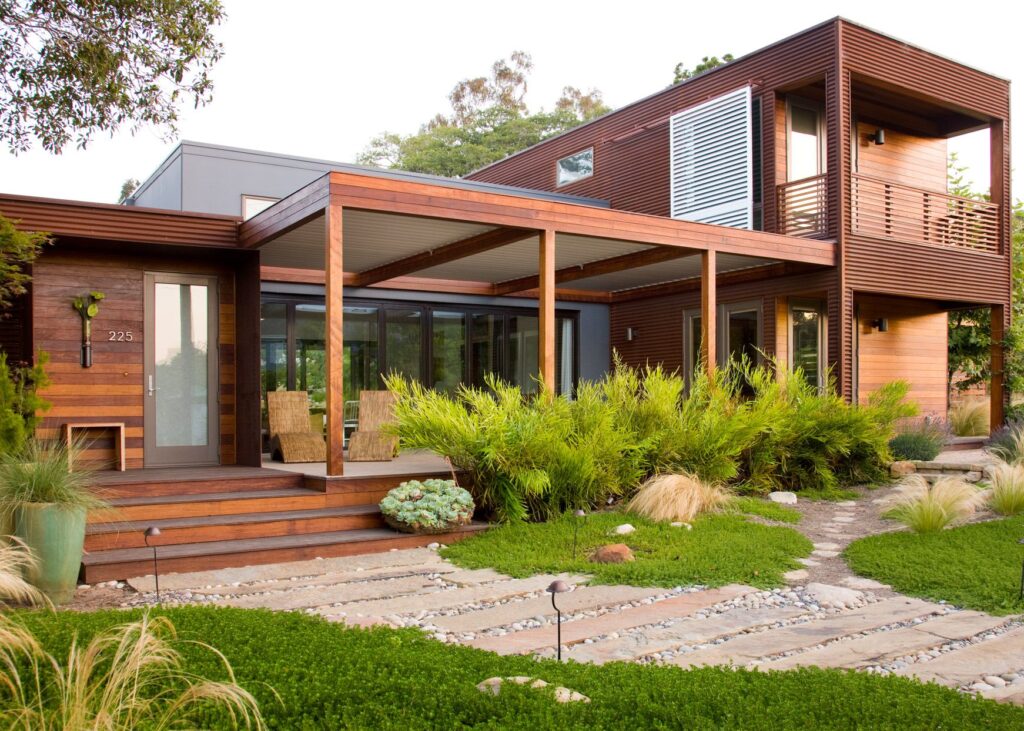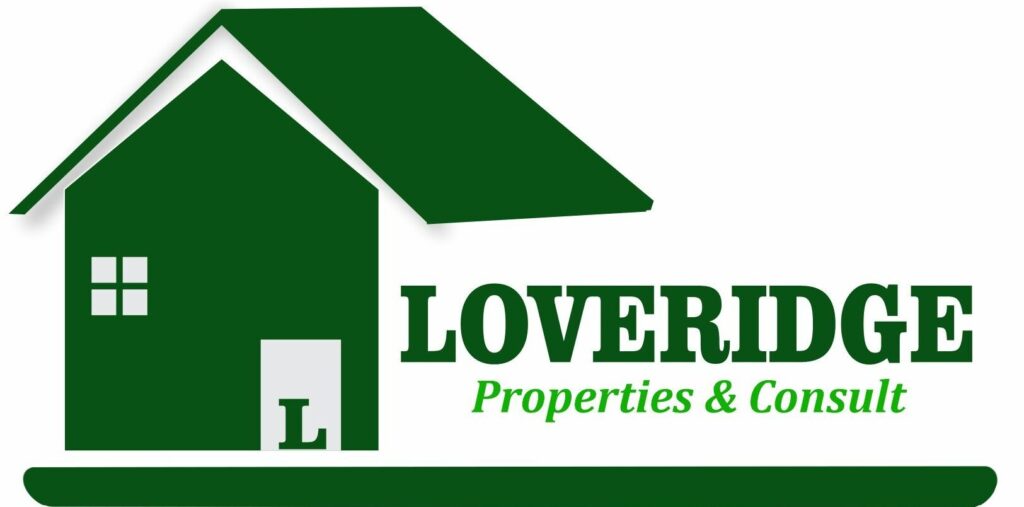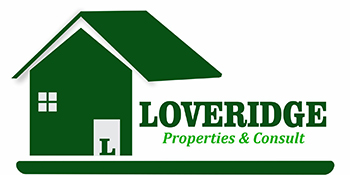Building a Sustainable Future: The Rise of Green Real Estate in Ghana

Introduction: Ghana, a country known for its rich cultural heritage and vibrant economy, is experiencing rapid urbanization and population growth. As the demand for housing and infrastructure increases, so does the need for sustainable real estate development. In recent years, Ghana has made significant strides in embracing sustainable practices in the real estate sector. This blog explores the sustainability of real estate in Ghana, highlighting the key factors driving this positive change. Green Building Practices: One of the cornerstones of sustainable real estate in Ghana is the adoption of green building practices. Developers are increasingly incorporating energy-efficient designs, utilizing renewable materials, and implementing green technologies. These practices not only reduce the environmental impact of buildings but also contribute to lower energy consumption and operational costs for occupants. Infrastructure Development: To support sustainable real estate, the Ghanaian government has been investing in infrastructure development. Improved roads, water supply systems, and waste management facilities enhance the livability of cities and make real estate investments more attractive. These developments also contribute to reducing the carbon footprint of urban areas. Renewable Energy Integration: Ghana boasts abundant renewable energy resources, including solar and wind power. Real estate developers are harnessing this potential by integrating renewable energy systems into their projects. Solar panels, for instance, are being installed on rooftops to generate clean energy for buildings, reducing reliance on fossil fuels and lowering carbon emissions. Affordable and Sustainable Housing: Addressing the housing deficit is a key priority for the Ghanaian government. Sustainable affordable housing initiatives aim to provide environmentally friendly and energy-efficient homes to low-income individuals and families. These projects incorporate sustainable building materials, energy-efficient appliances, and water-saving fixtures, making housing more affordable and environmentally responsible. Community Engagement: Sustainable real estate development in Ghana goes beyond the physical structures. It involves engaging with local communities to ensure their needs are met. Developers are working closely with communities to provide access to amenities, promote social inclusivity, and preserve cultural heritage. This collaborative approach fosters a sense of ownership and ensures that real estate projects align with the needs and aspirations of the people. Regulatory Framework: The Ghanaian government has implemented regulations and standards to promote sustainable real estate practices. These regulations cover areas such as energy efficiency, waste management, and environmental impact assessments. By enforcing these regulations, the government is creating a conducive environment for sustainable real estate development and ensuring long-term environmental and social benefits. Conclusion: The sustainability of real estate in Ghana is gaining momentum, driven by a combination of factors such as green building practices, infrastructure development, renewable energy integration, affordable housing initiatives, community engagement, and a supportive regulatory framework. While challenges remain, including access to financing and enforcement of regulations, the commitment to sustainability is evident. With continued efforts from the government, developers, and stakeholders, Ghana is well on its way to building a sustainable future where real estate development harmonizes with the environment and the needs of its people.


